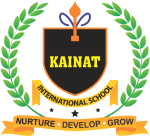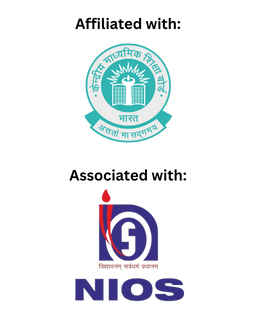Curriculum
Curriculum for the Academic Year 2025-26
- Arabic
- Assamese
- Bahasa Melayu
- Bengali
- Bhoti
- Bhutia
- Bodo
- English - Language and Literature
- English Communicative
- French
- German
- Gujarati
- Gurung
- Hindi Course-A
- Hindi Course-B
- Japanese
- Kannada
- Kashmiri
- Kokborok
- Lepcha
- Limboo
- Malayalam
- Manipuri
- Marathi
- Mizo
- Nepali
- Odia
- Persian
- Punjabi
- Rai
- Russian
- Sanskrit
- Sanskrit Communiucative
- Sindhi
- Spanish
- Sherpa
- Tamang
- Tamil
- Tangkhul
- Telugu AP
- Telugu Telangana
- Tibetan
- Thai
- Urdu Course A
- Urdu Course B
- Carnatic Music (Vocal)
- Carnatic Music (Melodic Instruments)
- Carnatic Music (Percussion Instruments)
- Hindustani Music (Vocal)
- Hindustani Music (Melodic Instruments)
- Hindustani Music (Percussion Instruments)
- Painting
- Home Science
- National Cadet Corps (NCC)
- Computer Applications
- Elements of Business
- Elements of Book Keeping and Accountancy
- Arabic
- Assamese
- Bengali
- Bhoti
- Bhutia
- Bodo
- French
- German
- Gujarati
- Hindi Core
- Hindi Elective
- English Core
- English Elective
- Japanese
- Kannada
- Kashmiri
- Kokborok
- Lepcha
- Limboo
- Malayalam
- Manipuri
- Marathi
- Mizo
- Nepali
- Odia
- Persian
- Punjabi
- Russian
- Sanskrit Core
- Sanskrit Elective
- Sindhi
- Spanish
- Tamil
- Tangkhul
- Telugu AP
- Telugu Telangana
- Tibetan
- Urdu Core
- Urdu Elective
- Accountancy
- Biology
- Bio Technology
- Business Studies
- Carnatic Melodic
- Carnatic Vocal
- Carnatic Percussion
- Chemistry
- Computer Science
- Economics
- Engineering Graphics
- Entrepreneurship
- Fine Arts
- Dance
- Geography
- Hindustani Melodic
- Hindustani Percussion
- Hindustani Vocal
- History
- Home Science
- Infomatics Practices
- Knowledge Tradition - Practices India
- Legal Studies
- Mathematics
- Applied Mathematics
- NCC
- Physical Education
- Physics
- Political Science
- Psychology
- Sociology

